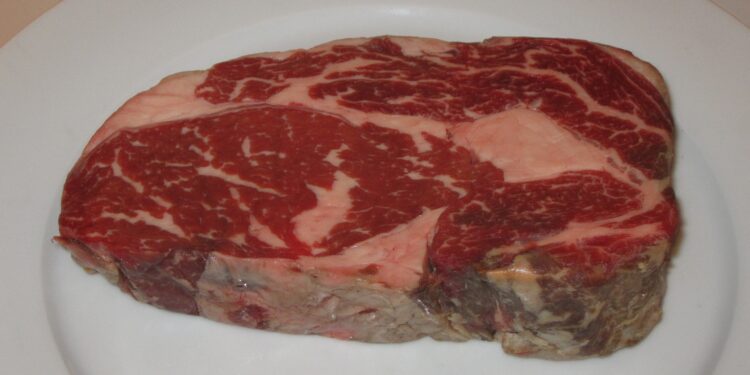A new analysis has found that animal agriculture, one of the leading sources of greenhouse gas emissions, is rarely mentioned in climate reporting. According to research by Sentient Media, fewer than 4% of climate-related news stories reference meat production, raising concerns about gaps in public understanding of the crisis.
Animal agriculture’s contribution
Livestock farming is responsible for an estimated 14–18% of global emissions, with methane from cattle and deforestation for grazing being major contributors. Despite this significant share, the sector remains marginal in climate narratives compared with energy or transport. Scientists argue that reducing meat consumption and transitioning to alternative proteins could deliver some of the most immediate climate benefits.
Findings of the analysis
Sentient Media reviewed thousands of news articles on climate change and found that animal agriculture was almost absent from the coverage. The study concluded that while renewable energy, fossil fuels, and extreme weather dominate reporting, the environmental impact of meat and dairy receives little attention. This imbalance, analysts warn, could limit the effectiveness of public awareness campaigns and policy debates.
Why the silence?
Media researchers suggest several reasons for the lack of coverage, including the political sensitivity of food systems, lobbying by agricultural industries, and cultural resistance to reducing meat consumption. Editors may also perceive energy or transport as more straightforward sectors to report on, given their direct link to industrial policy and infrastructure.
Implications for climate action
Campaigners argue that without confronting the role of animal agriculture, governments risk overlooking one of the largest contributors to global warming. Broader media coverage, they say, would help shift consumer habits, drive investment into plant-based and lab-grown alternatives, and inform policymaking at both national and international levels.
Newshub Editorial on Climate – 28 September 2025




Recent Comments